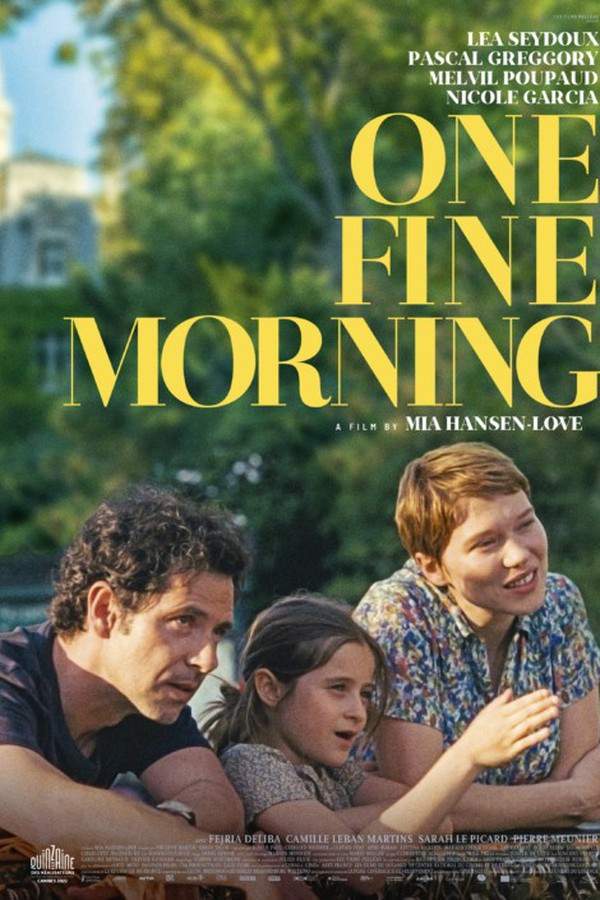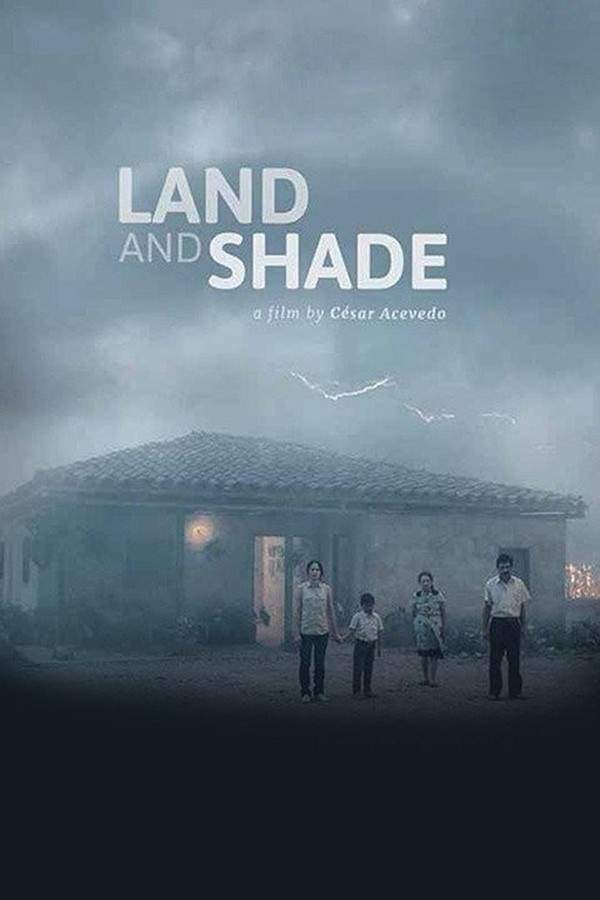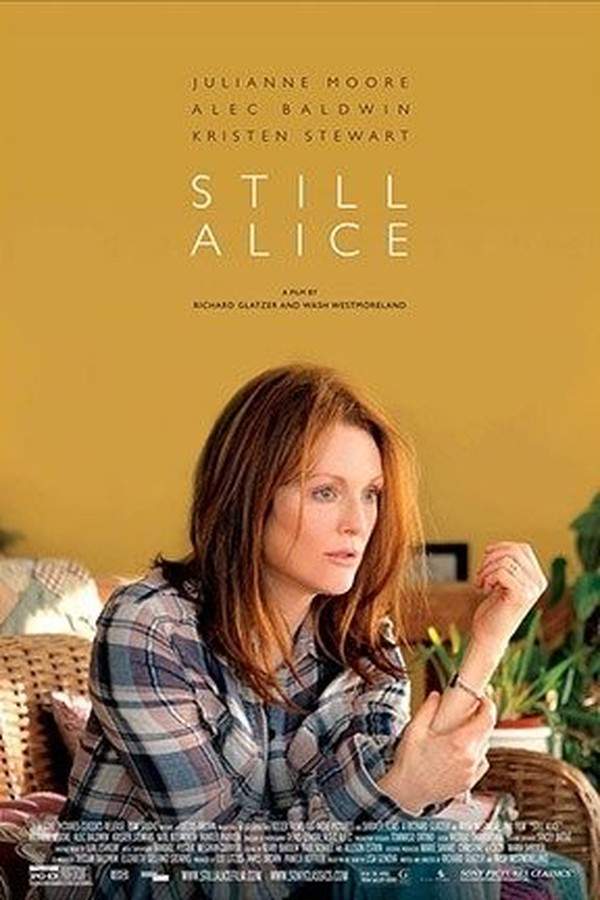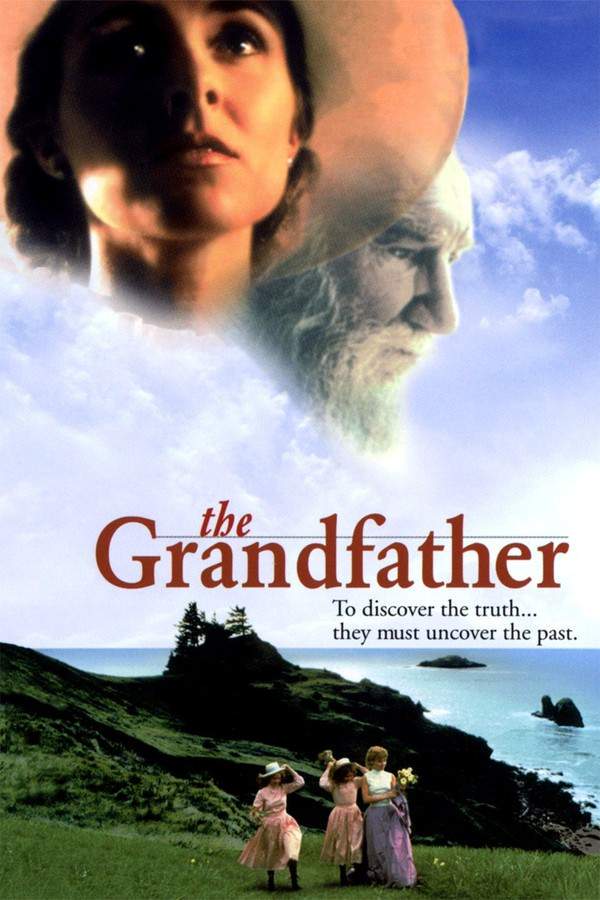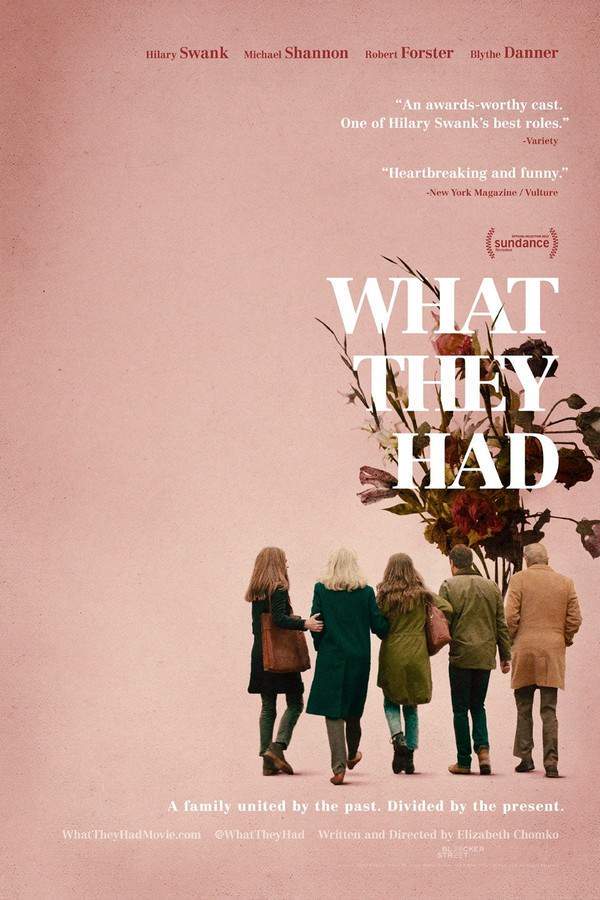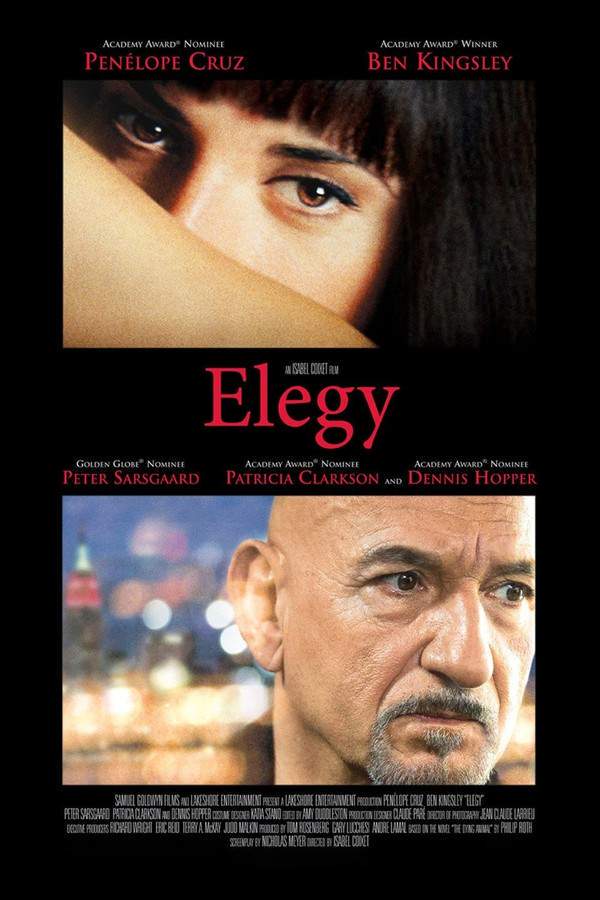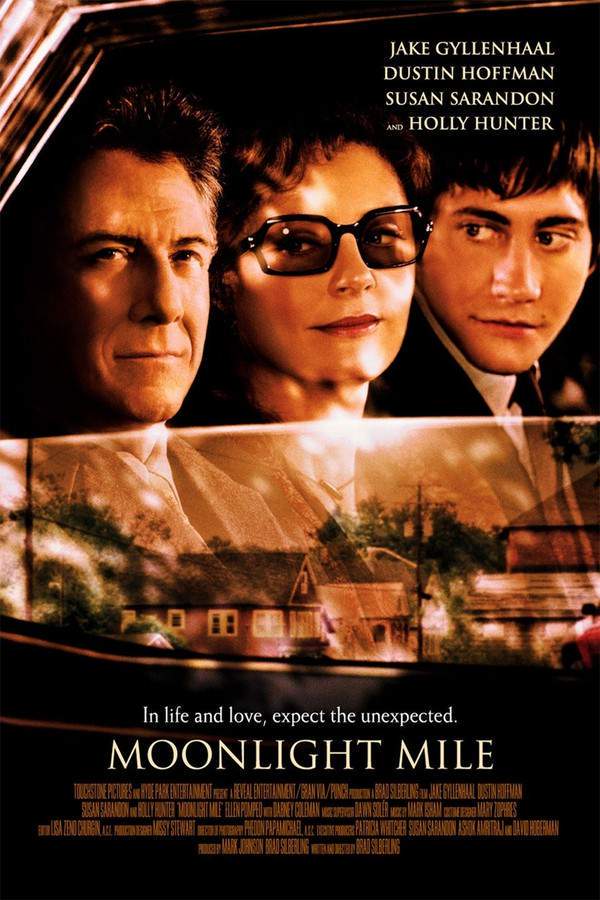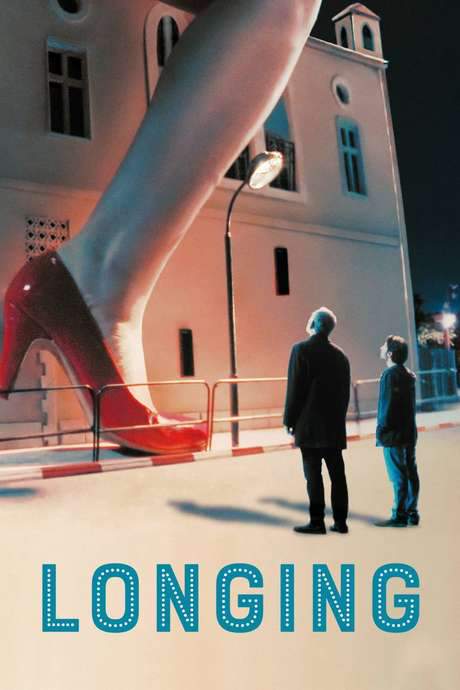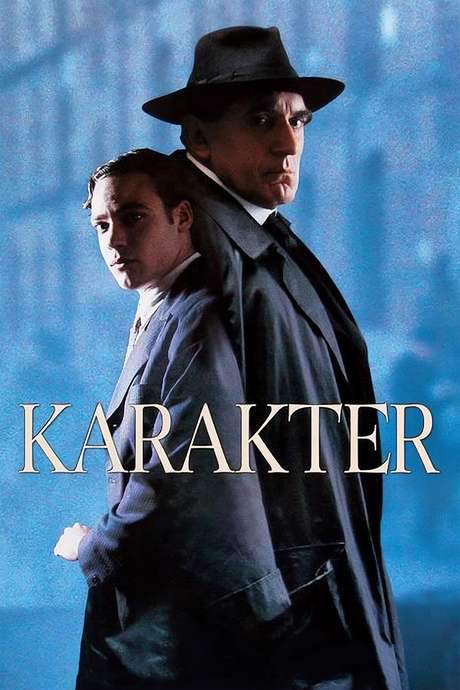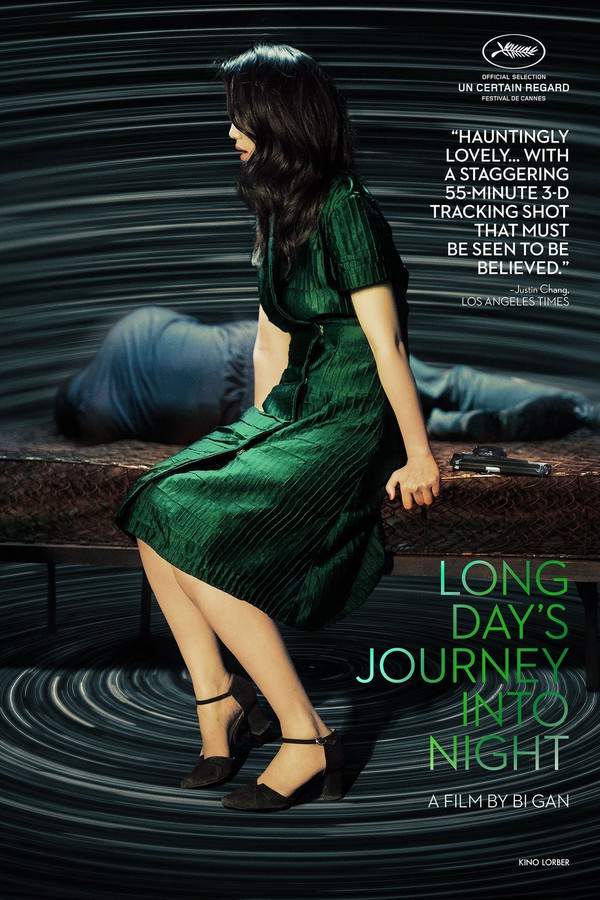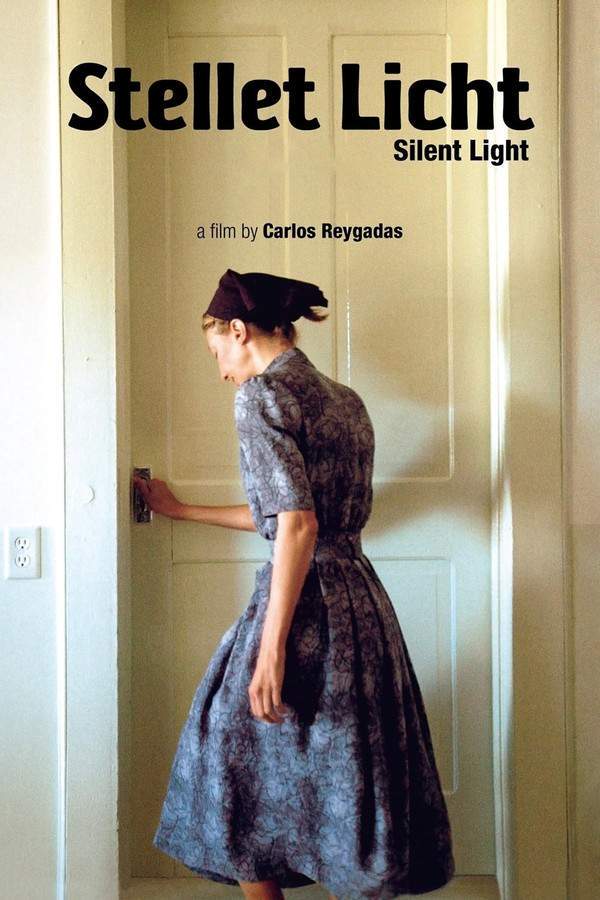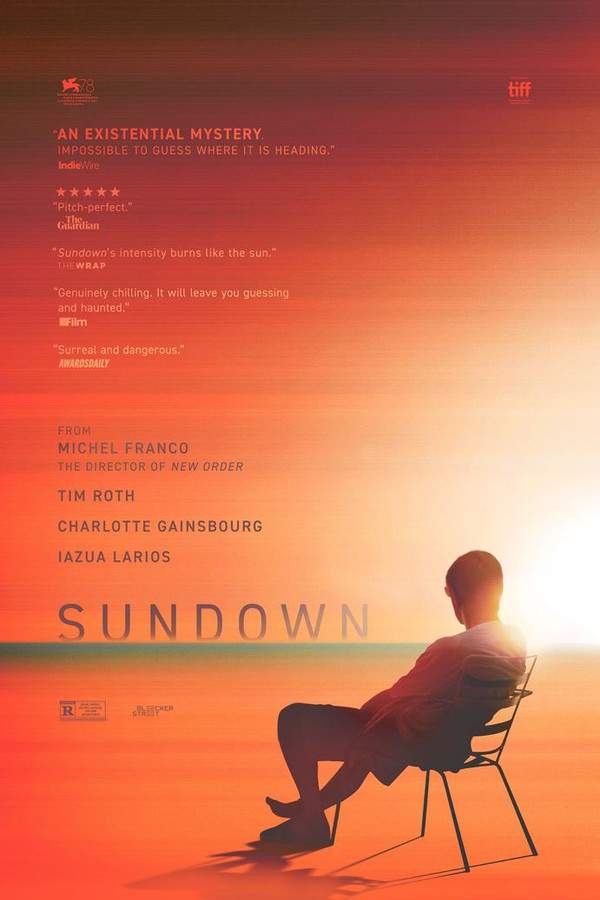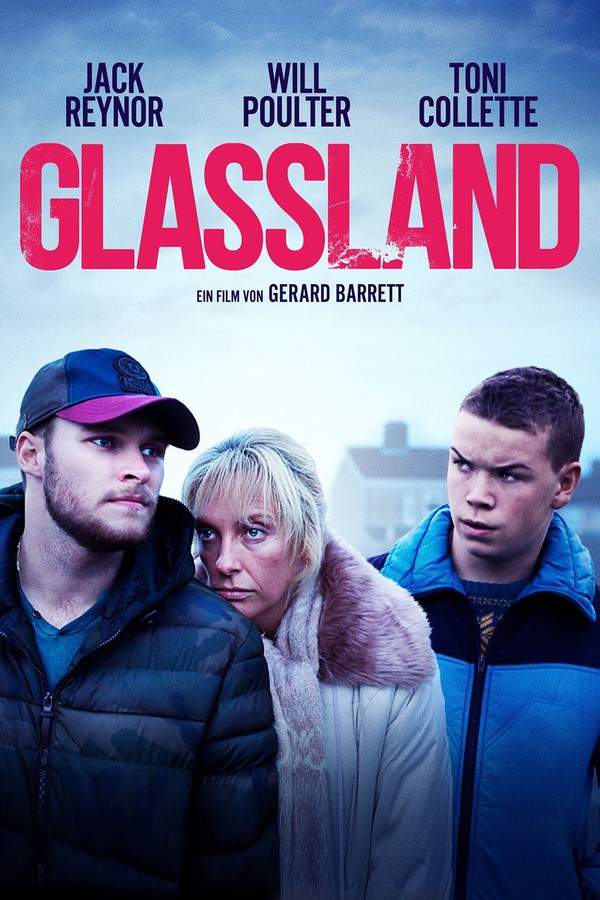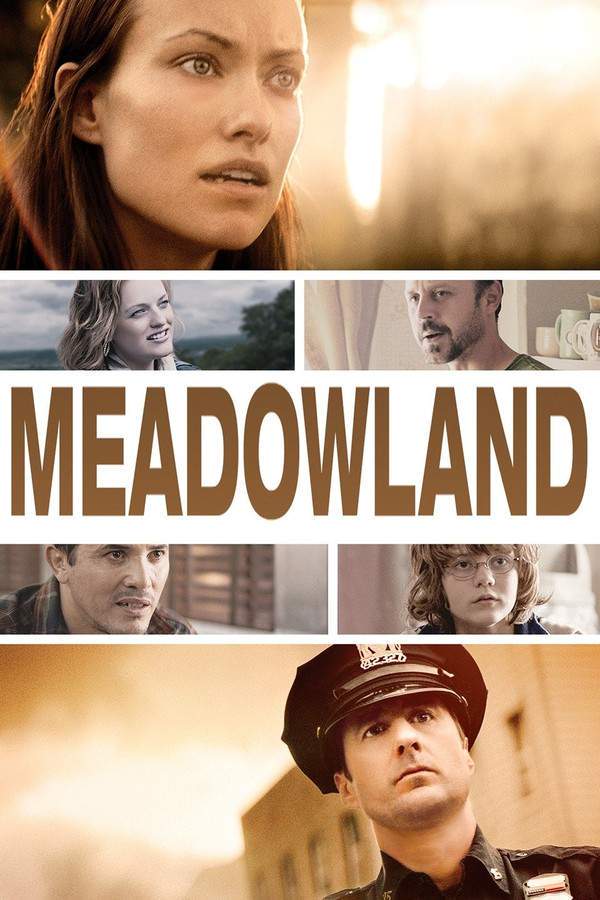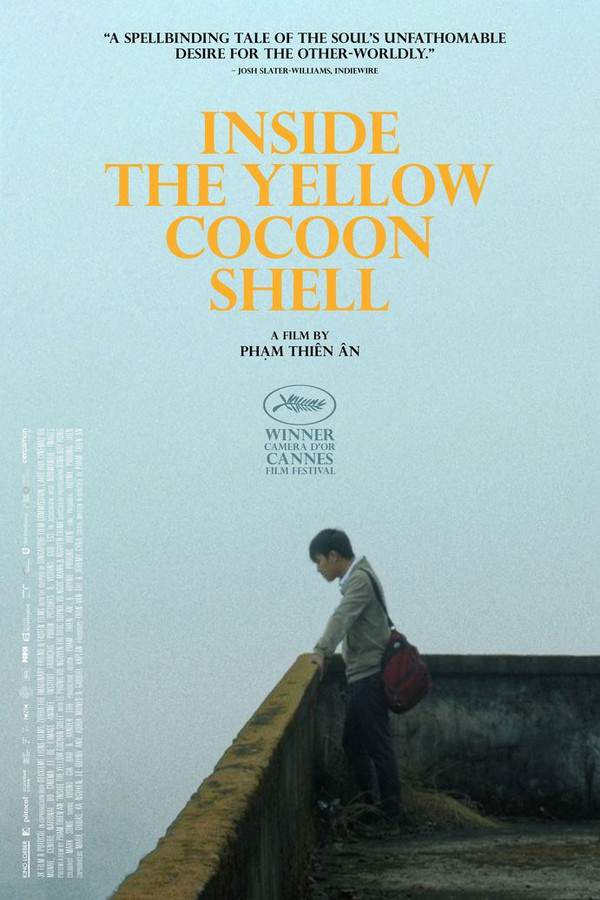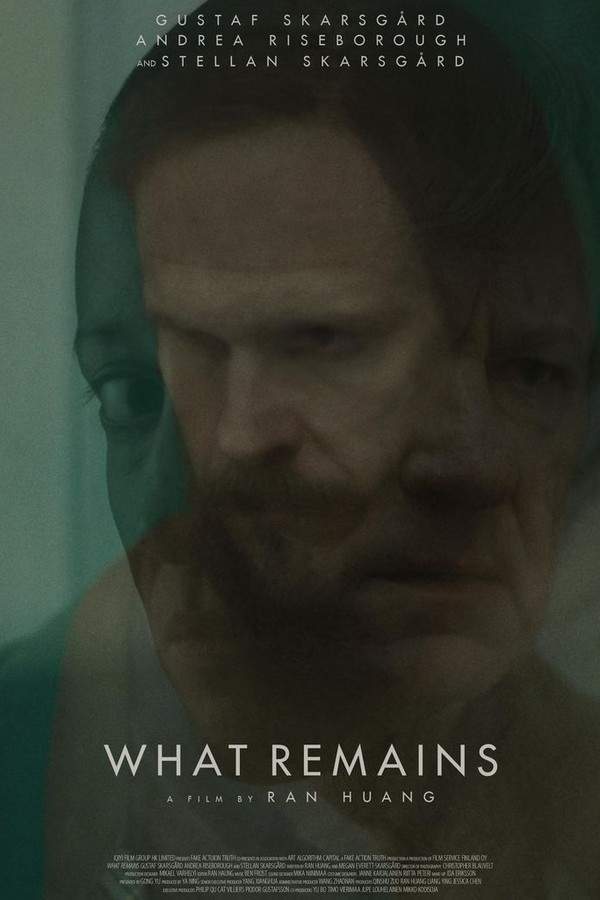
Poetry
Year: 2011
Runtime: 139 min
Language: Korean
Director: Chang-dong Lee
An elderly woman grapples with the onset of Alzheimer's disease while her family faces a serious crisis. Her teenage grandson, for whom she is responsible, becomes embroiled in a troubling situation when he is accused, along with a group of boys, of contributing to the suicide of a classmate. The film explores themes of family, responsibility, and the devastating impact of loss and accusation.
Warning: spoilers below!
Haven’t seen Poetry yet? This summary contains major spoilers. Bookmark the page, watch the movie, and come back for the full breakdown. If you're ready, scroll on and relive the story!
Poetry (2011) – Full Plot Summary & Ending Explained
Read the complete plot breakdown of Poetry (2011), including all key story events, major twists, and the ending explained in detail. Discover what really happened—and what it all means.
Yang Mi-ja is a 66-year-old grandmother living on government welfare, balancing a quiet, fragile existence with the responsibility of caring for an elderly, stroke-stricken man and supervising her ill‑mannered, 16-year-old grandson, Jong-wook, whose mother lives in Busan. The film opens with a haunting river scene: children play on the bank while the body of a girl in a school uniform drifts by, a memory that will echo through Mi-ja’s days. As she navigates her own fading memory and the pressures of poverty, Mi-ja’s world begins to intersect with a crisis she never expected to face, one that tests loyalty, morality, and the price of truth.
A visit to the hospital reveals Mi-ja’s growing forgetfulness and a diagnosis that hints at early stage Alzheimer’s. The doctor urges caution and perhaps a deeper look from a specialist, but the moment also places her in a state of quiet vulnerability. On the street outside, she witnesses a woman overwhelmed by grief, her 16-year-old daughter having drowned, a scene that shadows Mi-ja’s own sense of vulnerability and aging. Back at home, Mi-ja’s daily life is intimate and demanding: she supports the wealthy, ailing man she cares for, and she shoulders the burdens of Jong-wook’s unruly adolescence while his divorced mother remains distant. When Mi-ja asks Jong-wook about the drowned classmate, his evasive response underscores a widening chasm between generations and a sense that the truth about the girl’s fate may be harder to face than he can bear.
A chance to reinvent herself arrives when Mi-ja notices a poster for a poetry class at a local community center. Motivated by a simple classroom assignment—to compose one poem by the month’s end—she begins to see the world with a poet’s eye. Under her teacher’s guidance, she starts keeping notes about what she sees, gravitating toward imagery of flowers and the ordinary beauty of daily life. The new project offers Mi-ja a form of solace and a way to express memories she struggles to articulate, a bridge between her fading memory and a present that feels increasingly elusive.
Meanwhile, Jong-wook’s nights take on a more troubling texture. He invites five of his schoolmates over to their home at odd hours, and Mi-ja, ever trying to be a gracious grandparent, offers snacks and warmth before they vanish into Jong-wook’s private space. A later confrontation with one of the boys’ fathers reveals a far darker truth: the group has repeatedly raped a girl named Agnes over the past six months. The discovery is not shared with most of the school or the wider community, but the mothers and fathers fear retaliation and scandal, and they propose a settlement of 30 million won to Agnes’s widowed mother to avert a police inquiry. Mi-ja, who cannot afford her five-million-won share, is pressured to obtain the money from her daughter, Jong-wook’s mother, creating a painful knot of obligation and secrecy. The gravity of the situation is compounded by Mi-ja’s own fragile health: she is once again diagnosed with Alzheimer’s, and she remains reticent about the full truth of what she has heard, quietly choosing to shield her family rather than reveal the uglier details of the crime.
As Mi-ja tries to navigate these pressures, she becomes a regular at the local poetry readings, where she encounters a brash man who reads luminous poetry only to follow it with crude sexual jokes that offend her. An amateur poet explains to Mi-ja that this man is a policeman with a good heart, recently reassigned from Seoul after exposing corruption within its police force. The tension between beauty and bluntness, between craft and crude behavior, mirrors Mi-ja’s own struggle to maintain dignity while the world around her grows more complicated.
A painful boundary is crossed when Mi-ja, after a sexual advance from the elderly man she cares for, temporarily quits her job. She eventually returns, compelled by a memory—the journey to the river where Agnes jumped, a hat slipping into the water, and a walk down to the riverbank where she writes in the rain. After this visit, she allows herself to be intimate with the elderly man again, but she does so with an emotion that feels strangely absent, as if the act is a performance for a memory rather than a connection in the moment.
A reporter begins to press Mi-ja for details about the settlement and the granddaughter’s mother’s willingness to accept the money. Mi-ja’s casual answers hint at more truth than she intends to reveal, and the interview leaves her unsettled as she realizes how easily her words might be weaponized. She later repeats what she told the reporter to the fathers, who react with a mixture of disappointment and resignation.
Mi-ja is then sent to the countryside to persuade Agnes’s mother to accept the settlement. In the fields, she finds the mother and a quiet, ordinary life that briefly distracts Mi-ja from her task. She talks at length about the weather, flowers, trees, and fruit, and for a moment forgets the urgent purpose of her visit. She turns away, embarrassed by the memory of her mission, and continues on her way, leaving the crucial negotiation unresolved. The encounter marks a turning point in Mi-ja’s conscience, exposing the gap between the social pressure to settle and the moral weight of failing to confront the truth.
Back at the poetry readings, Mi-ja sits outside afterward, crying quietly. A policeman who had attended the reading notices her distress and asks why she cries; she remains reticent, slipping away and making a phone call that signals she is trying to connect with someone who might help her navigate the storm within. When she returns home, she takes out a photo of Agnes—the image she gathered at the memorial service—and places it on the table so her grandson will see it.
In the days that follow, Mi-ja faces the reality that she cannot contribute her portion of the settlement. Agnes’s mother, who previously seemed bound to the arrangement, accepts the revised terms and the compromise that will end the case. Mi-ja summons the elderly man and asks for the money she needs, deliberately withholding the reason. He pays her, and with the funds now secured, she phones her daughter to come home and issues simple, practical orders: Jong-wook should bathe and trim his nails. That night, the same crude policeman and his partner come to take Jong-wook away, and Mi-ja does not protest. The sense of complicity in an entire system of oversight and silence becomes more pronounced, even as the family’s immediate needs are met.
The film closes with a quiet, haunting image: the poetry teacher discovers a bouquet on the podium beside Mi-ja’s poem, “Agnes’s Song,” but Mi-ja herself is absent from the room. Her daughter returns to an empty home and calls Mi-ja’s phone, receiving no answer. The teacher begins to read Mi-ja’s poem aloud to the class, while Mi-ja’s voice enters in a reflective, almost ethereal narration. Then Agnes’s own voice takes over midway through, following her from the science lab where she was assaulted, to the bus, and finally to the bridge where she would leap. Agnes turns toward the camera with a half-smile, and the film ends on an ambiguous, unresolved note about Mi-ja’s fate and the truth of what has been witnessed, leaving the audience to ponder the cost of memory, silence, and the moral weight of communal complicity.
Last Updated: October 09, 2025 at 15:46
Explore Movie Threads
Discover curated groups of movies connected by mood, themes, and story style. Browse collections built around emotion, atmosphere, and narrative focus to easily find films that match what you feel like watching right now.
Melancholy moral decay dramas like Poetry
Character-driven stories of quiet collapse under the weight of responsibility and loss.If you liked the quiet, devastating moral collapse in Poetry, explore other movies like it. These films feature similar slow-burn pacing, heavy emotional weight, and a focus on characters grappling with fading memory, familial responsibility, and profound ethical dilemmas.
Narrative Summary
Stories in this thread typically follow a protagonist, often elderly or isolated, navigating a personal crisis that exposes a deeper moral failing within themselves or their family. The narrative unfolds slowly, emphasizing the internal emotional landscape over external plot, and often concludes with an ambiguous or bittersweet resolution that underscores the themes of irretrievable loss and the elusiveness of truth.
Why These Movies?
These films are grouped together because they share a specific emotional tone—a pervasive, reflective melancholy—and a narrative focus on the intersection of personal decline and ethical compromise. They are united by their deliberate pacing, heavy emotional weight, and their ability to find profound sadness in quiet, everyday moments of failure and remembrance.
Quiet trauma dramas with a slow pace like Poetry
Films that unpack societal and personal trauma with quiet intensity and moral ambiguity.For viewers seeking films similar to Poetry's handling of trauma and its aftermath. These movies share a slow, deliberate pace and a heavy emotional focus on the consequences of violence and the struggle for expression, often leaving moral questions unresolved.
Narrative Summary
The narrative pattern involves a central, often suppressed, traumatic event that gradually comes to light. The story is less about the event itself and more about its ripple effects on a community or family, focusing on denial, complicity, and the immense difficulty of articulating pain. The journey is internal and psychological, favoring emotional realism over dramatic climaxes.
Why These Movies?
These films are linked by their shared commitment to exploring trauma with restraint and emotional depth. They possess a similar vibe: a slow-burn pace that creates a sense of dread and sadness, a tone that is somber and reflective rather than explosive, and a thematic preoccupation with the moral compromises people make to survive unbearable truths.
Unlock the Full Story of Poetry
Don't stop at just watching — explore Poetry in full detail. From the complete plot summary and scene-by-scene timeline to character breakdowns, thematic analysis, and a deep dive into the ending — every page helps you truly understand what Poetry is all about. Plus, discover what's next after the movie.
Poetry Timeline
Track the full timeline of Poetry with every major event arranged chronologically. Perfect for decoding non-linear storytelling, flashbacks, or parallel narratives with a clear scene-by-scene breakdown.

Characters, Settings & Themes in Poetry
Discover the characters, locations, and core themes that shape Poetry. Get insights into symbolic elements, setting significance, and deeper narrative meaning — ideal for thematic analysis and movie breakdowns.

Poetry Spoiler-Free Summary
Get a quick, spoiler-free overview of Poetry that covers the main plot points and key details without revealing any major twists or spoilers. Perfect for those who want to know what to expect before diving in.

More About Poetry
Visit What's After the Movie to explore more about Poetry: box office results, cast and crew info, production details, post-credit scenes, and external links — all in one place for movie fans and researchers.


